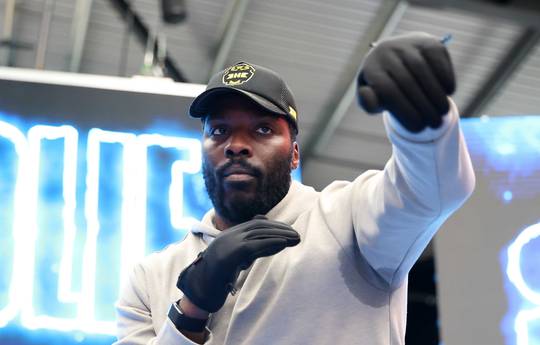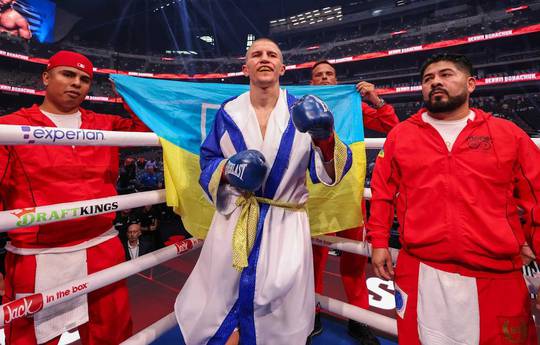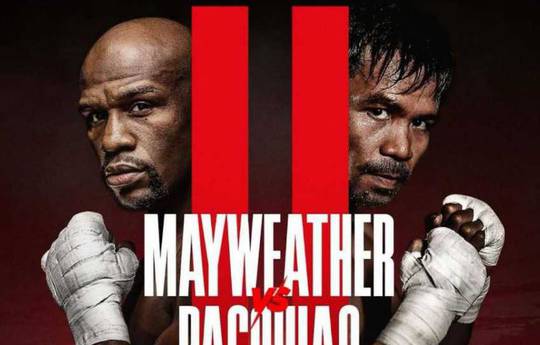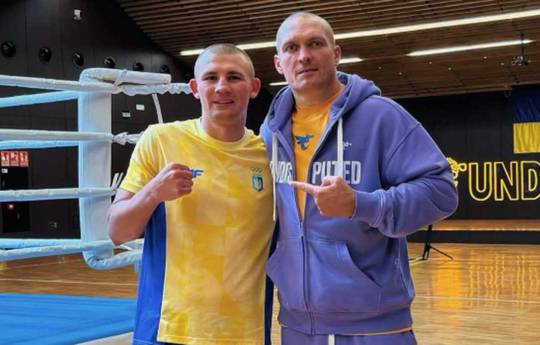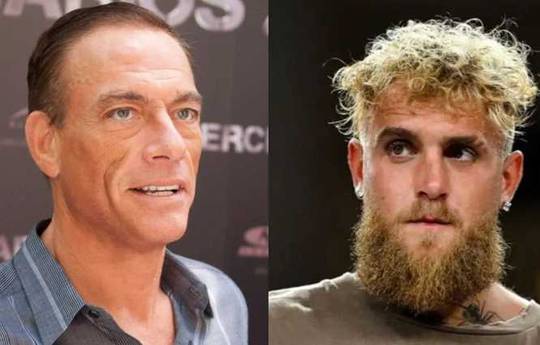Heavyweight contender Luis "King Kong" Ortiz, who has failed two drug tests for banned substances in the past three years, will get off with little more than a slap on the wrist from the WBC.
The WBC announced Friday that while Ortiz still must pay a $25,000 fine, the sanctioning organization said it believes Ortiz's assertion that his failed test in September, which caused him to be dropped from a Nov. 4 world title shot against Deontay Wilder, was caused by ingesting medication to control high blood pressure.
"The WBC concludes that the evidence available to the WBC supports a finding that Mr. Ortiz's ingestion of high blood pressure medication was directed to the treatment of an ongoing medical condition," the WBC wrote in its ruling. "Therefore, Mr. Ortiz will continue to be tested based on a specifically designed testing protocol. As of the date of this ruling, Mr. Ortiz is available to compete in WBC-sanctioned events, and shall be confirmed in the WBC ratings in a position consistent with the recommendation of the WBC ratings committee."
The 38-year-old Cuban defector Ortiz (27-0, 23 KOs), a big-punching southpaw who fights out of Miami, was getting ready for a much-anticipated Showtime-televised main event against Wilder at Barclays Center in Brooklyn, New York, when he tested positive for two banned diuretics, chlorothiazide and hydrochlorothiazide -- known to be masking agents for performance-enhancing drugs -- in a random urine test conducted by the Voluntary Anti-Doping Association as part of the WBC's Clean Boxing Program on Sept. 22.
Ortiz was subsequently dropped from the fight with Wilder and replaced by faded former titleholder Bermane Stiverne, whom Wilder savaged in a first-round knockout.
The WBC said Ortiz had a complete physical performed by the WBC medical advisory committee chairman Dr. Paul Wallace as part of the organization's review of the matter.
"Dr. Wallace reviewed the results of all the medical examinations, each one of which were completely normal and revealed no ongoing adverse health condition whatsoever," the WBC wrote in its ruling. "Dr. Wallace also examined Mr. Ortiz's medical history and confirmed the medical justification for Mr. Ortiz to ingest a blood pressure medication which eventually resulted in Mr. Ortiz's adverse finding.
"The WBC Board of Governors hereby ratifies... that Mr. Ortiz's failure to disclose his ingestion of prescribed high blood pressure medication constitutes a violation of the WBC CBP protocol, and confirms the $25,000 fine."
In early November, Ortiz did not fare as well with the WBA, an organization with which he held the mandatory challenger position for one of the world titles held by Anthony Joshua. The WBA stripped him of his position and suspended him from participating in any WBA-sanctioned bout for a year because of the failed test.
The WBA's decision was based in part on the fact that Ortiz also failed a drug test in conjunction with his September 2014 fight for the WBA's vacant interim heavyweight belt. He scored a blistering first-round knockout of Lateef Kayode in Las Vegas to win the interim belt, but the prefight urine sample he provided to the Nevada State Athletic Commission was positive for the banned anabolic steroid Nandrolone in the postfight drug screen.
The belt was taken away from Ortiz, the result of the fight was changed to a no decision, and Ortiz was fined and suspended for eight months by the Nevada commission.
